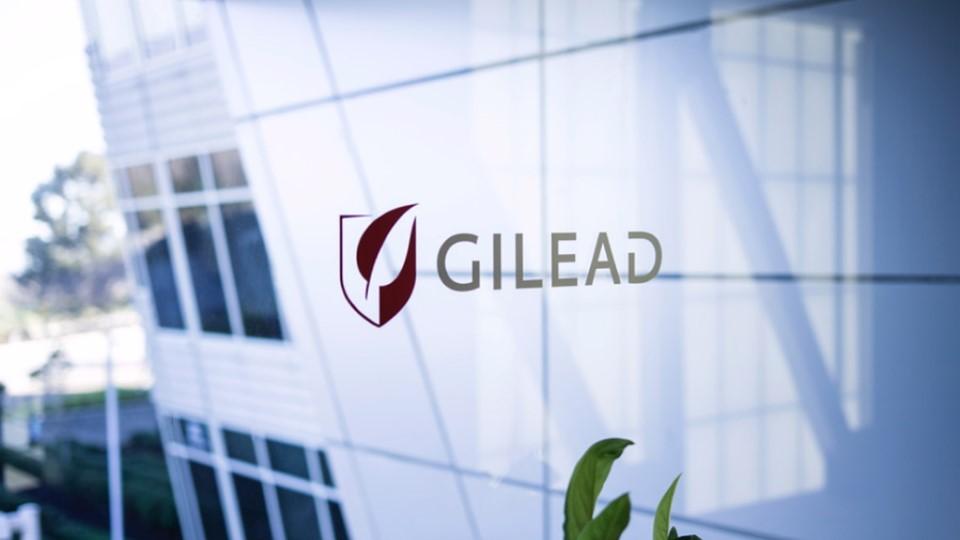Gilead drops CD47 drug magrolimab for blood cancers

Gilead Sciences has said it will no longer develop its CD47-targeting antibody magrolimab in blood cancers after data suggested that patients taking the drug in clinical trials were more likely to die than those in control groups.
The news accompanied Gilead’s fourth-quarter results update, in which the company’s chief medical officer Merdad Parsey revealed that the ENHANCE-3 trial of magrolimab as front-line treatment for acute myeloid leukaemia (AML) had been abandoned “based on a futility analysis and a higher observed incidence of grade 5 serious adverse events.”
The deaths with the drug were mainly attributed to infection and regulatory failure, according to ENHANCE-3’s data monitoring committee. Parsey said the result highlighted “the complexity of treating blood cancer.”
Magrolimab is at the head of a handful of drug candidates coming through the industry pipeline directed either at CD47 – a protein expressed on malignant cells that has long been established as a “don’t eat me” signal that prevents the cancer from being attacked by white blood cells – or the SIRPα receptor with which it interacts. It was the centrepiece of Gilead’s $4.9 billion acquisition of Forty Seven in 2020.
The antibody was discontinued for myelodysplastic syndromes (MDS) and AML associated with TP53 mutations last year, although, at the time Gilead said that was due to a lack of efficacy, rather than safety concerns.
Adverse reactions have dogged the development of CD47-targeted therapies, including magrolimab, which has been placed on multiple clinical holds in the last few years while safety signals were investigated. The FDA placed a new clinical hold on trials of the drug in AML and MDS ahead of the decision to drop the programme.
It’s not the end of the line for magrolimab just yet, however, as the drug remains in mid-stage clinical testing for various forms of solid tumour, including metastatic triple-negative blood cancer (TNBC), head and neck squamous cell carcinoma (HNSCC), and metastatic colorectal cancer (CRC), non-small cell lung cancer (NSCLC) and urothelial carcinoma (UC). Gilead said it is reviewing safety data from those studies and will provide an update soon.
Other CD47 projects scuppered by toxicity or efficacy problems include Surface Oncology’s SRF231 and Bristol-Myers Squibb’s CC-9002. AbbVie, meanwhile, pulled out of an R&D partnership with I-Mab on lemzoparlimab for MDS and AML, although, it said that was a strategic decision. BMS also stopped the development of SIRPα-targeted follow-up CC-9251 for undisclosed reasons, and Zai Lab backed away from work on CD47, blaming the “competitive landscape.”
Companies with projects still in clinical testing in the category include Pfizer, with CD47-SIRPa fusion protein maplirpacept in phase 2 for blood cancers, as well as ALX Oncology with evorpacept, another CD47-blocking fusion protein, Akeso Biopharma with anti-CD47 antibody ligufalimab, and Waterstone Hanxbio with HX009, a dual CD47 and PD-1 bispecific antibody.












